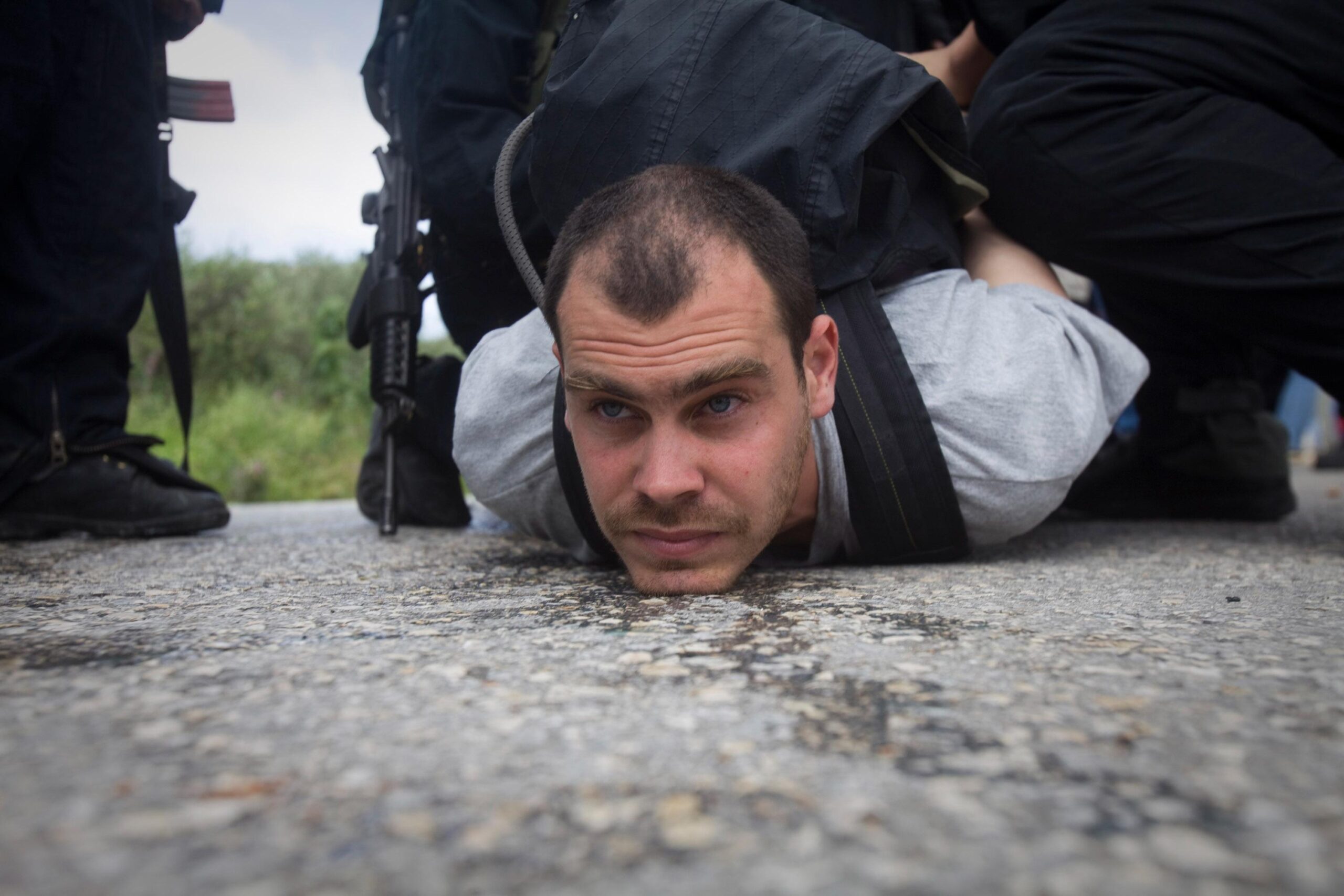Category: Reports
-
Resisting Colonization in Beita
24 July 2024 | International Solidarity Movement | Beita Residents of Beita, south of Nablus, have restarted the weekly Friday demonstrations to resist the further theft of their land. In June, the Israeli security cabinet greenlighted the “legalization” of Evyatar, an outpost established on Sabih Mountain, situated on the outskirts of the town. Beita residents…
-
Israeli State Files Indictment Against Anti-Zionist Israeli Activist
Jonathan Pollak, a long-time anti-Zionist activist from Jaffa, was slapped with an indictment for two counts of incitement to violence on Sunday (14 July, 2024). The indictment revolves around calls to join the Palestinian struggle against Israeli colonialism, made in a January 2020 article published in Israeli newspaper Haaretz, and in a June 2021 speech…
-
Israeli Settlers Harassment in the Jordan Valley
15 July 2024 | International Solidarity Movement | Jordan Valley Activists and members of the International Solidarity Movement (ISM) recently faced harassment while working in a popular tourist spot in the Jordan Valley. The activists focused their efforts on Ras Al-Auja (Ras Al-Ein) where water access is severely restricted for Palestinians, often limited to a…



